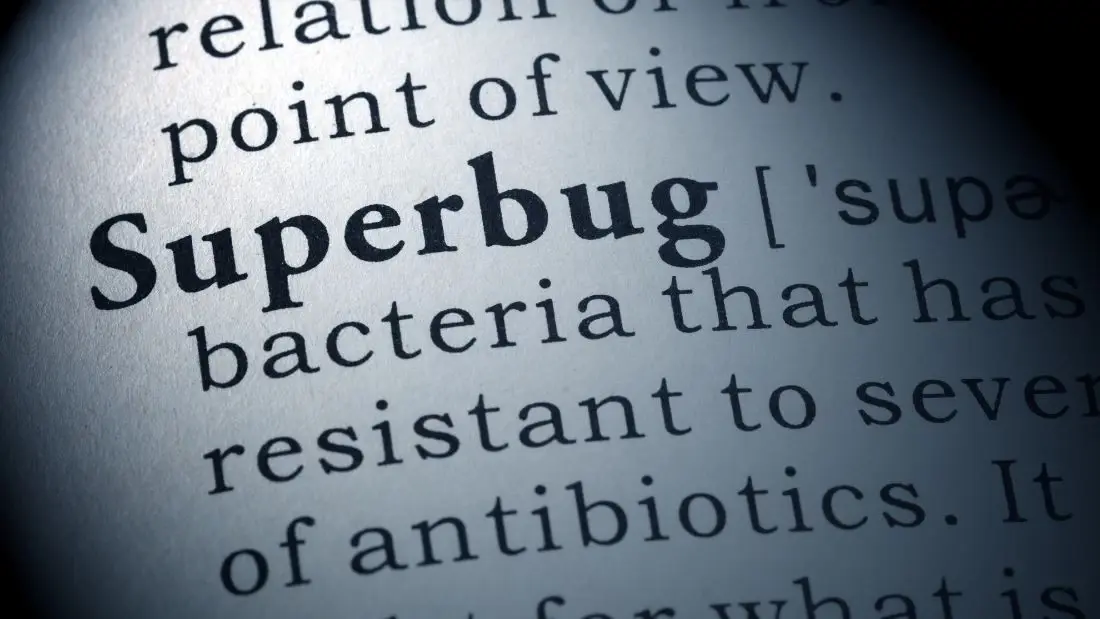Antibiotic use in farming set to soar despite superbug concerns

The overuse of antibiotics in animal farming is a major driver of the rise of infections with antibiotic-resistant superbugs that are hard to treat.
This week, a news feature in the journal Nature says: “Although antibiotics can be necessary to treat infections in livestock, they are often used to speed up animal growth and prevent diseases among animals in crowded, unsanitary conditions.”
Soon after they were first introduced, it was discovered that when used at low doses, antibiotics could promote growth in farmed animals. This has led to their widespread use in farming around the world. However, although a number of countries, including the US and the EU, have banned the use of antibiotics as growth promoters, manufacturers can just say they are marketing the drugs to prevent disease. Consequently, huge quantities continue to be used in animal farming, as growth promoters and as a preventive measure against disease, outweighing human consumption considerably in many countries.
It’s difficult to estimate the total amount of antibiotics used in animal agriculture. According to epidemiologist Thomas Van Boeckel, from the Swiss Federal Institute of Technology, while some countries report their use to the World Organisation for Animal Health (WOAH), around 40 per cent of countries don’t report their antibiotic use to WOAH at all.
Van Boeckel and colleagues calculated that antibiotic use in Asia is 50 per cent higher than reported and in Africa, it is probably twice the amount reported. Globally, they predict that antibiotic use in farmed animals will grow by eight per cent between 2020 and 2030; despite ongoing efforts to reduce their use.
Currently, around 1.27 million global deaths are caused by antimicrobial resistance (AMR) each year, this number could rise to 10 million per year by 2050 if no action is taken to curb the overuse of antibiotics. The World Health Organisation says that AMR is one of the main threats to modern medicine, with growing numbers of infections becoming harder to treat. It’s time to end factory farming before it ends us.
Find out more about our campaign to end factory farming here.




